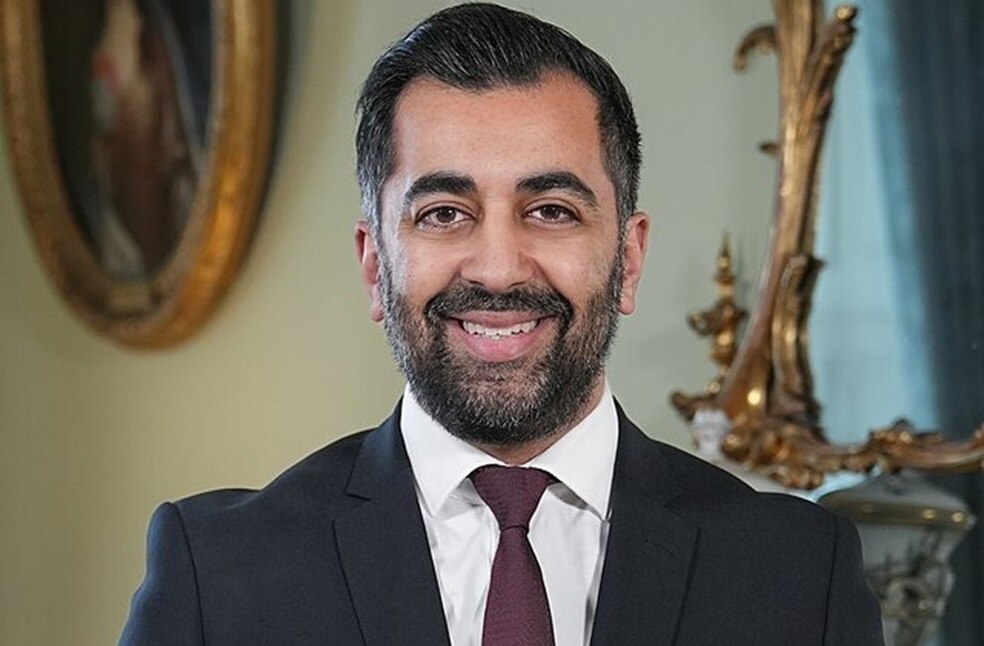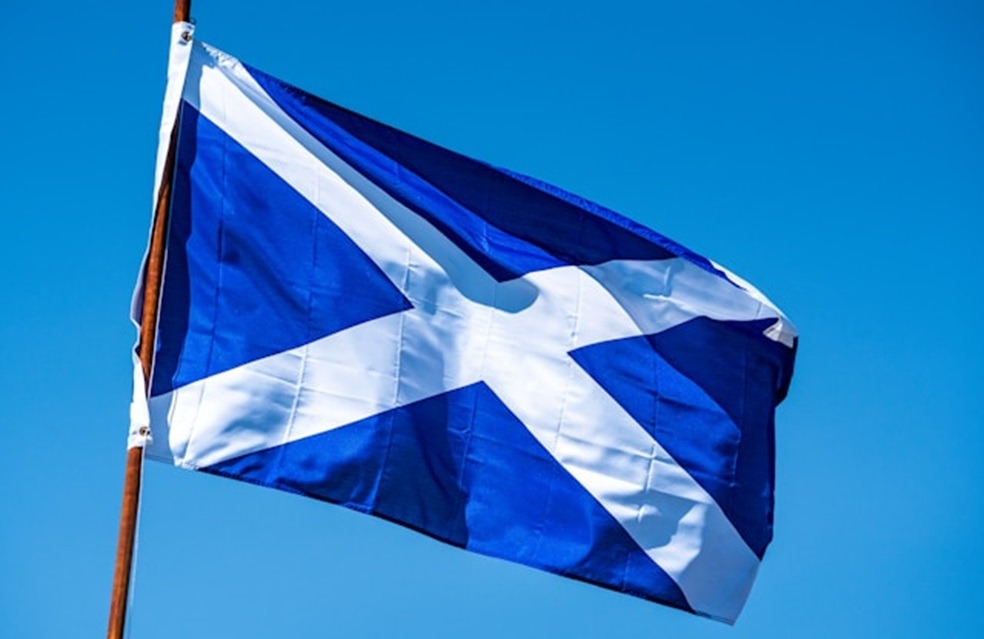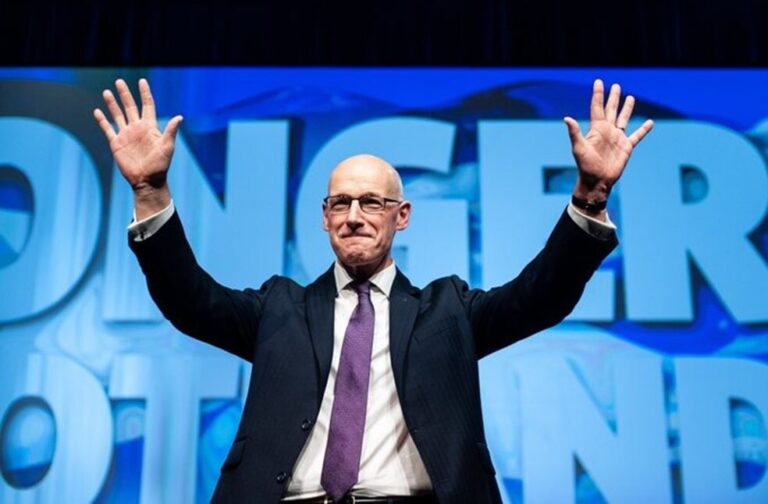Scotland: John Swinney, the newly elected leader of the Scottish National party, will become the seventh first minister of Scotland with the support of MSPs.
As is customary, opposition leaders backed by 64 SNP MSPs voted against Swinney in the vote, which he won just eight days after Humza Yousaf abruptly announced his resignation. The seven Scottish Greens abstained.
Swinney, who accepted the nomination, talked about how he had debated whether to run for leadership, a position he won on Monday without a challenger.

In addition, he acknowledged his role in the increasing divisiveness of the legislature, pointing out that the presiding officer had repeatedly chastised him for his loud heckles in the middle of the chamber. To a modicum of laughter, he assured the chamber that “that will all stop – I have changed.”
Swinney, Nicola Sturgeon’s deputy first minister, will take an official oath of office at the court of session on Wednesday. Soon after, he is anticipated to reorganize his cabinet, with Kate Forbes—who nearly lost to Yousaf in the previous year’s leadership race and decided to support Swinney following a week of private talks—likely assuming a prominent role.

Speaking to MSPs, Swinney struck a conciliatory note, mentioning the 25th anniversary of the Scottish parliament and thanking other parties for their contributions over the years. Swinney, however, must now govern from a minority position after Yousaf unilaterally ended the governing partnership with the Scottish Greens last week, precipitating his downfall.
The opposition leaders cited Swinney’s historical role in the mistakes of the Scottish government; he is a highly experienced politician who led the SNP from 2000 to 2004. Douglas Ross, the leader of the Scottish Conservative Party, charged that the SNP was “replacing one continuity candidate with another,” and Anas Sarwar of the Scottish Labour Party demanded an early Holyrood election.



